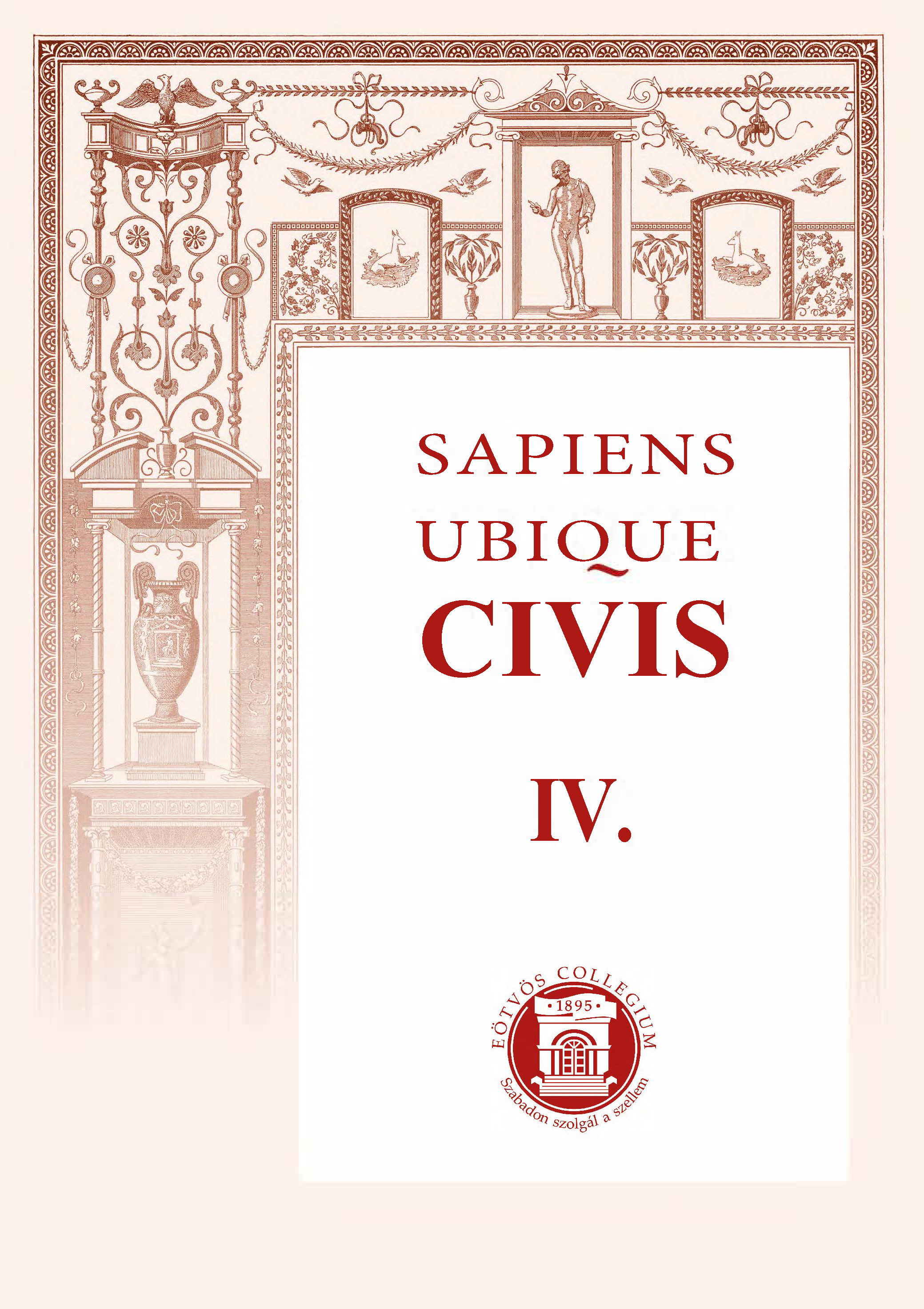Plautus’ Miles Gloriosus The Glorious Ability to Create (and Translate) Humor
Main Article Content
Abstract
The paper regards Plautus’ Miles Gloriosus in terms of comedy type and methods used for achieving comic effect. For this purpose, we consider two episodes from the plot, both containing a repetitive motif – an idea that is continuously reiterated by the characters throughout the respective act. These occurrences are subjected to analysis to determine the essence of humor contained within them – apart from their repetitiveness. After exploring some specific examples in the original, we then compare them to their counterparts in the Bulgarian translation from 1978 made by the Bulgarian translator Alexander Nichev. The aim of the study is to outline the techniques for creating humor within those repetitive parts in the original mainly with regard to the language style and the way humor is transferred in Bulgarian language – what strategies and/or procedures are applied and has the comic effect been achieved.

